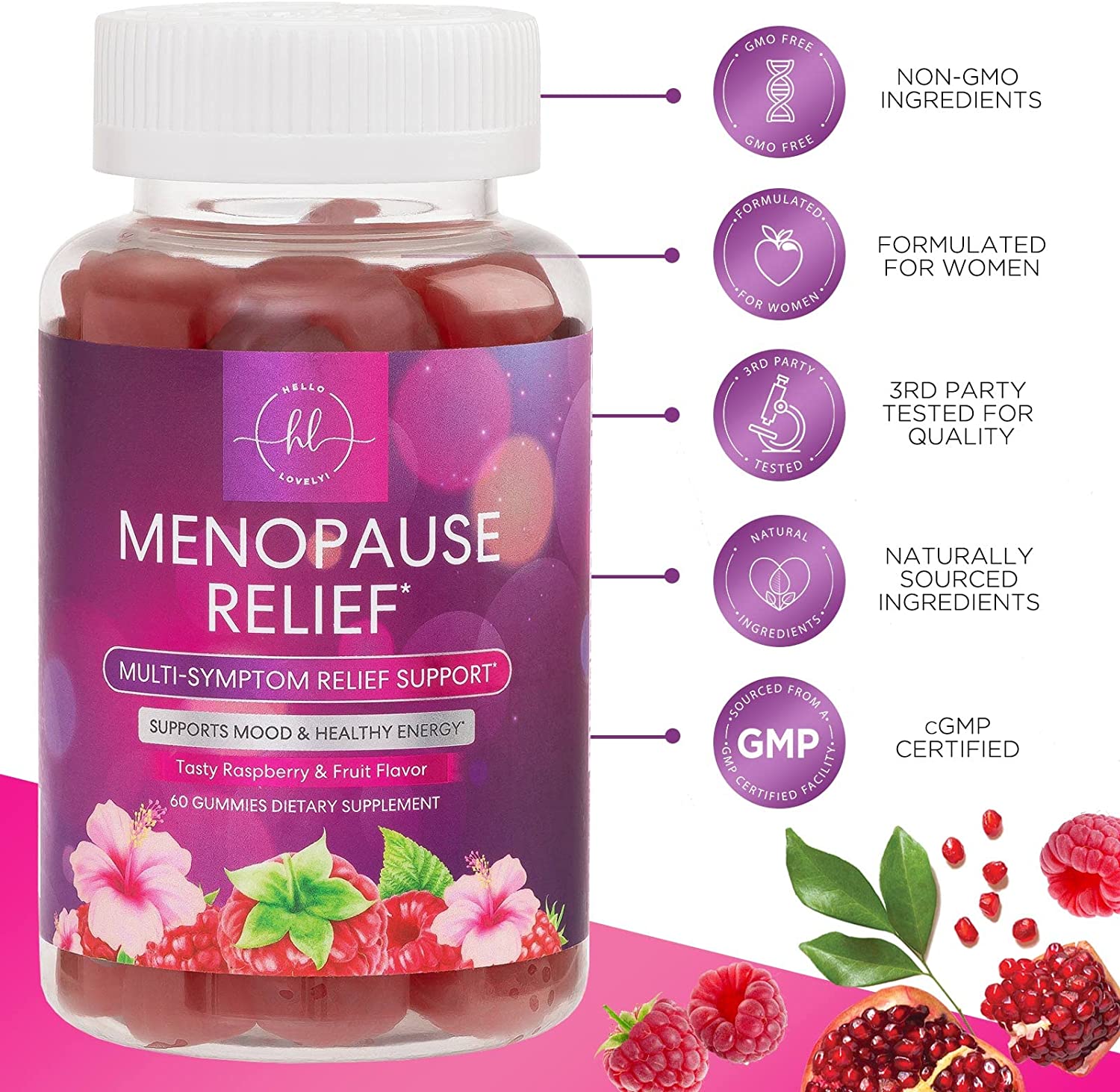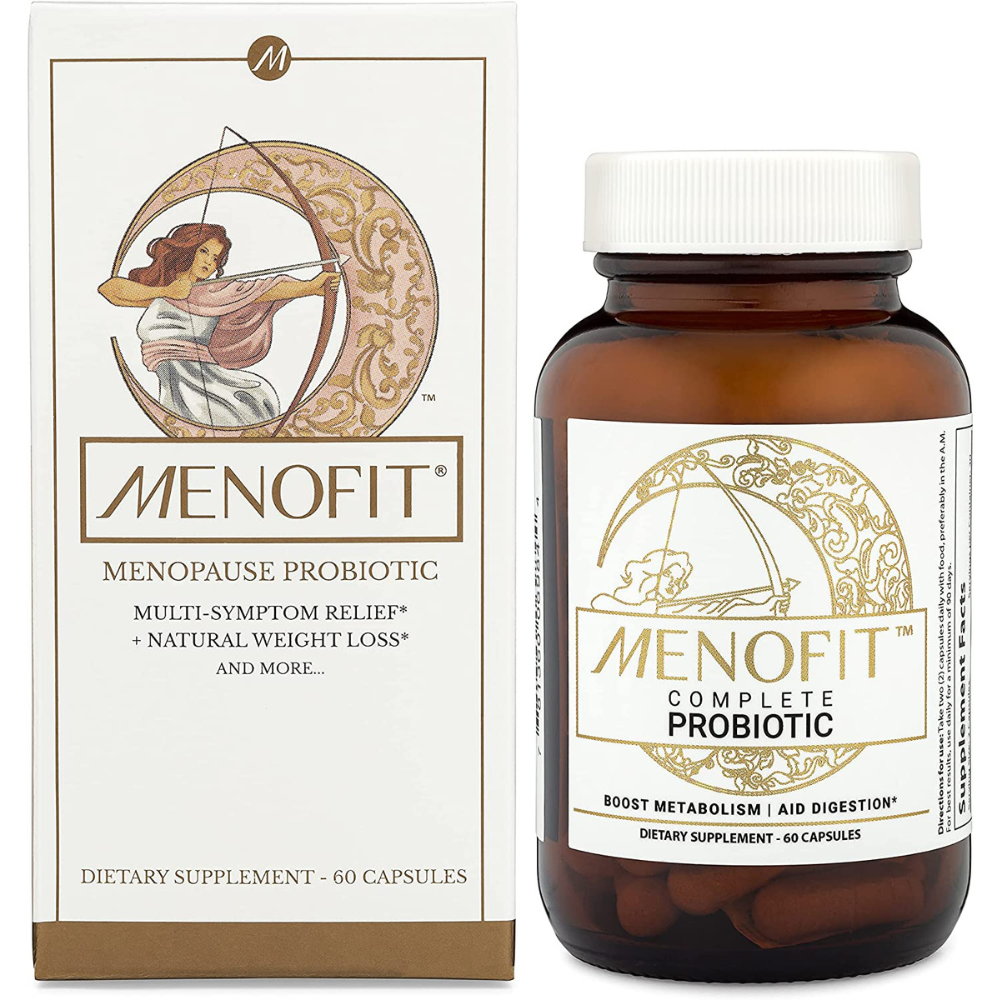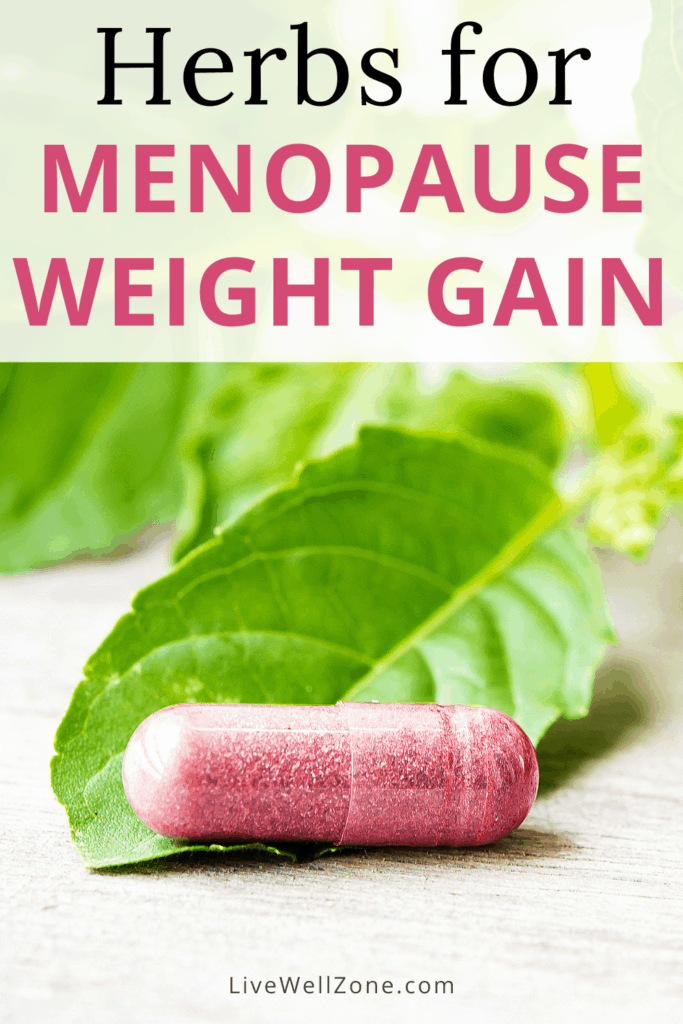Natural Supplements For Weight Loss During Menopause

Menopause, a natural biological transition marked by the cessation of menstruation, often brings about a cascade of physiological changes, including weight gain. As women navigate this phase, many seek natural supplements to manage their weight and alleviate associated symptoms. But, are these supplements truly effective and safe?
This article delves into the world of natural supplements marketed for weight loss during menopause, examining the scientific evidence, potential benefits, and risks associated with their use. Understanding the facts is crucial for women to make informed decisions about their health and well-being during this significant life stage.
Understanding Menopausal Weight Gain
Menopause typically occurs between the ages of 45 and 55, signaling a decline in estrogen production. This hormonal shift can lead to a decrease in metabolic rate and an increase in abdominal fat, contributing to weight gain. Other factors such as aging, reduced muscle mass, and lifestyle changes also play a role.
While diet and exercise remain the cornerstones of weight management, some women explore natural supplements as a complementary approach. The appeal of these supplements often lies in their perceived natural origins and potential for fewer side effects compared to prescription medications.
Popular Natural Supplements and Their Evidence
Several natural supplements are frequently marketed for weight loss during menopause. Here's a look at some of the most common ones and the scientific evidence surrounding their effectiveness:
Phytoestrogens (Soy, Red Clover, Black Cohosh)
Phytoestrogens are plant-derived compounds that mimic the effects of estrogen in the body. Supplements like soy isoflavones, red clover, and black cohosh are often used to alleviate menopausal symptoms, including hot flashes and night sweats. However, their impact on weight loss is less clear.
Studies on phytoestrogens and weight management have yielded mixed results. Some research suggests that soy isoflavones may have a modest effect on reducing body fat, while other studies show no significant impact. More research is needed to determine the long-term effects and optimal dosages.
Green Tea Extract
Green tea extract is rich in antioxidants, particularly catechins, which are believed to boost metabolism and promote fat burning. Some studies have shown that green tea extract can contribute to modest weight loss when combined with a healthy diet and exercise. However, the effects are often small and may not be significant for everyone.
The National Institutes of Health (NIH) cautions that green tea extract can interact with certain medications and may cause side effects such as liver problems in some individuals. It's essential to consult a healthcare provider before taking green tea extract supplements.
Conjugated Linoleic Acid (CLA)
CLA is a type of fatty acid found in meat and dairy products. It's often marketed as a weight loss aid, with claims of reducing body fat and increasing muscle mass. However, scientific evidence supporting these claims is inconsistent.
Some studies have shown that CLA supplementation may lead to modest weight loss, but the effects are often small and not clinically significant. A review published in the American Journal of Clinical Nutrition concluded that CLA may have a small effect on reducing body fat, but more research is needed to confirm these findings.
Fiber Supplements (Glucomannan, Psyllium Husk)
Fiber supplements like glucomannan and psyllium husk can promote feelings of fullness and reduce appetite, potentially aiding in weight management. These supplements work by absorbing water in the digestive tract, forming a gel-like substance that slows down digestion.
Studies have shown that glucomannan can contribute to weight loss when combined with a calorie-restricted diet. However, it's important to take fiber supplements with plenty of water to avoid constipation and other digestive issues. The Food and Drug Administration (FDA) does not regulate supplements in the same way as medications, so quality and purity can vary.
Potential Risks and Side Effects
While natural supplements may seem appealing, it's crucial to be aware of the potential risks and side effects associated with their use. Some supplements can interact with medications, exacerbate existing health conditions, or cause adverse reactions.
For example, St. John's Wort, often used for mood enhancement, can interact with antidepressants and other medications. Ginkgo biloba, promoted for memory improvement, can increase the risk of bleeding, especially in individuals taking blood thinners.
The Importance of Consultation and Holistic Approach
Before taking any natural supplement for weight loss during menopause, it's essential to consult a healthcare provider. A doctor can assess individual health needs, review medications, and provide personalized recommendations.
Weight management during menopause requires a holistic approach that includes a balanced diet, regular exercise, stress management, and adequate sleep. Natural supplements may play a supporting role, but they should not be considered a substitute for healthy lifestyle habits. The North American Menopause Society (NAMS) emphasizes the importance of lifestyle modifications for managing menopausal symptoms and maintaining overall health.
The World Health Organization (WHO) recommends a balanced diet rich in fruits, vegetables, and whole grains, as well as regular physical activity, for maintaining a healthy weight throughout life, including during menopause.
A Personal Perspective
Consider the experience of Sarah Miller, a 52-year-old woman who sought natural supplements to manage her weight during menopause. "I tried several supplements, but none of them seemed to work as effectively as I had hoped," she shares. "Ultimately, I found that focusing on a healthy diet and regular exercise was the most beneficial approach for me."
Conclusion
Natural supplements may offer some benefits for weight loss during menopause, but it's crucial to approach them with caution and informed awareness. Scientific evidence supporting their effectiveness is often limited, and potential risks and side effects should be carefully considered.
A holistic approach that includes healthy lifestyle habits and consultation with a healthcare provider remains the most effective and safe strategy for managing weight and navigating the challenges of menopause. Remember, there is no magic pill; sustained well-being comes from informed choices and consistent effort.


















